Seminar on Developing Human Resources for the Semiconductor Industry in Vietnam and Globally Through Linking Education and Businesses. (Photo: VNA) |
Speaking at the workshop, Mr. Do Tien Thinh, Deputy Director of the National Innovation Center, said that the semiconductor industry is considered one of the special industries, the core industry of information technology. A country that wants to be independent and self-reliant must master core technology. “The semiconductor industry is related to both security and economy . Therefore, in the US, the semiconductor industry is also considered a field related to national security,” Mr. Thinh said.
According to Mr. Thinh, Vietnam is playing an increasingly important role in the global semiconductor supply chain. The government has issued two strategic decisions to promote the development of the semiconductor industry and train high-quality human resources. “Semiconductor technology has three stages: design, packaging and testing. Vietnam can participate in packaging and testing, but Vietnam's national strategy is to focus on design,” Mr. Thinh affirmed.
However, the biggest challenge now is the shortage of human resources. Vietnam needs to train 50,000 to 100,000 semiconductor engineers by 2030, while there are currently only more than 5,000 engineers working in this field. In this context, universities have only just begun to implement specialized semiconductor training programs, and are lacking both lecturers and facilities.
However, according to Mr. Thinh, Vietnam has an advantage in human resources with a good training foundation in mathematics and natural sciences. This is the basis for the Government to determine a strategy to focus on developing human resources in chip design through many support policies such as: investing in 18 key laboratories, supporting universities to invest in modern equipment...
Mr. Do Tien Thinh, Deputy Director of the National Innovation Center. (Photo: VNA) |
Mr. Hoang Viet Ha, Director of FPT International University Training Institute, said that this unit has just signed a cooperation agreement with Asia University (Taiwan - China) in the field of semiconductor training. Accordingly, students will study the first two years at FPT with a program focusing on information technology and artificial intelligence, then transfer to study in-depth semiconductor technology in Taiwan for the next two years.
The program is taught entirely in English, with Chinese language training included so that students can integrate well into the learning and working environment in Taiwan. Mr. Ha believes that the advantage of this model is the close connection between universities and businesses - something that the training system in Taiwan is doing very well. As the "capital" of the world's semiconductor industry, Taiwan is an ideal place for Vietnamese students to access advanced technology and practices.
From a business perspective, Mr. Nguyen Vinh Quang, General Director of FPT Semiconductor, said that many graduates still need to be retrained due to a lack of in-depth knowledge of semiconductors. He believes that implementing international joint training programs is a strategic direction, helping Vietnam quickly access advanced technology and improve global competitiveness in this field.
Source: https://thoidai.com.vn/xay-dung-nguon-nhan-luc-chat-luong-cao-cho-nganh-ban-dan-212806.html



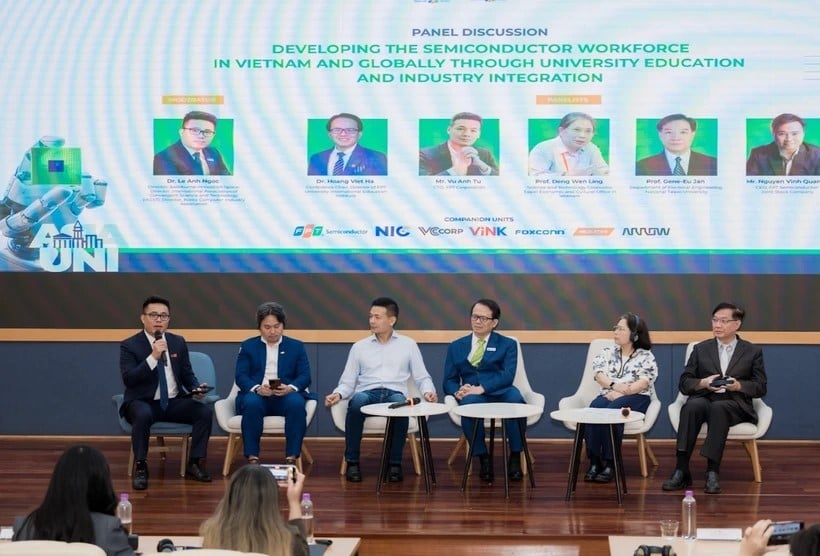
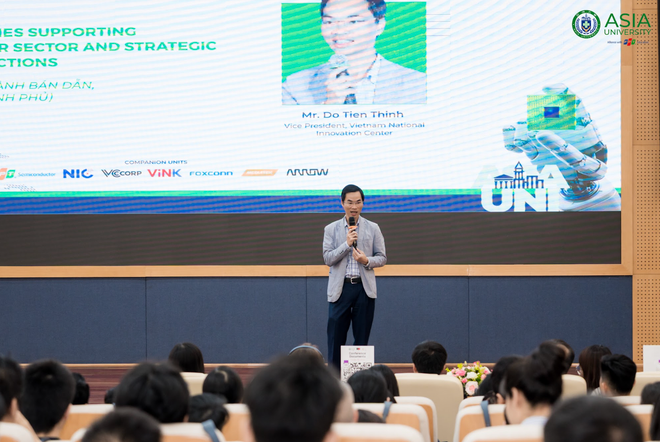
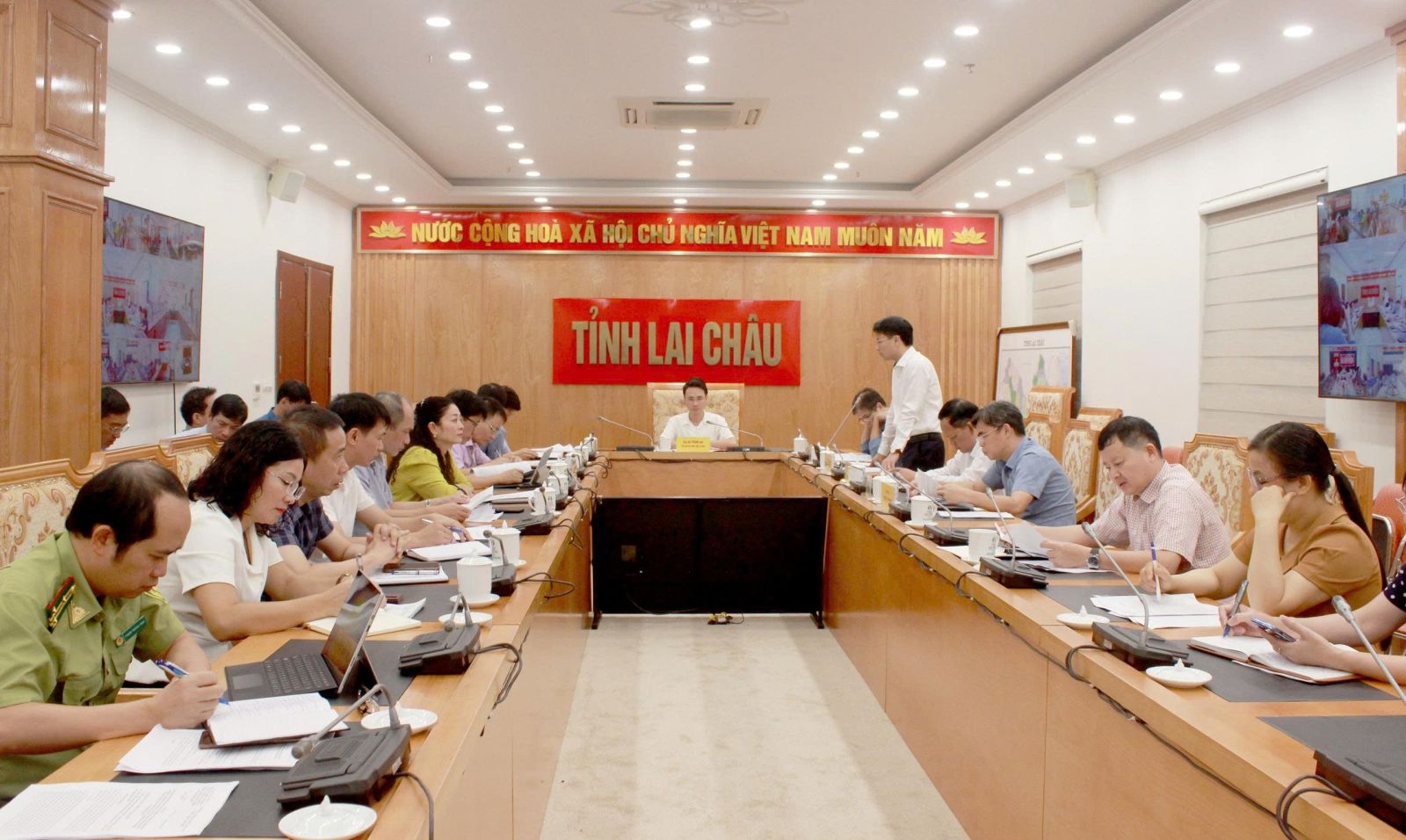
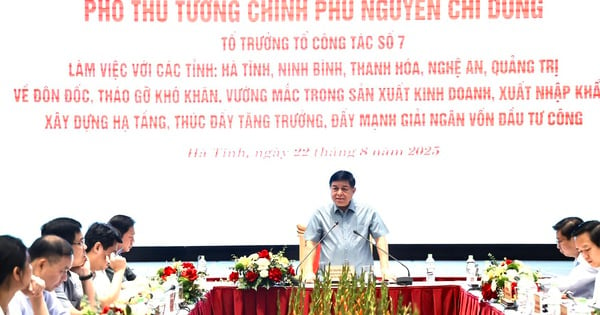




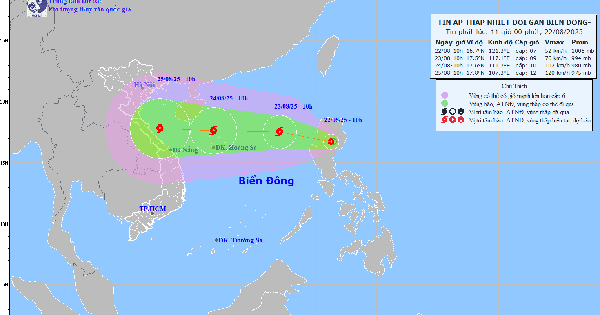
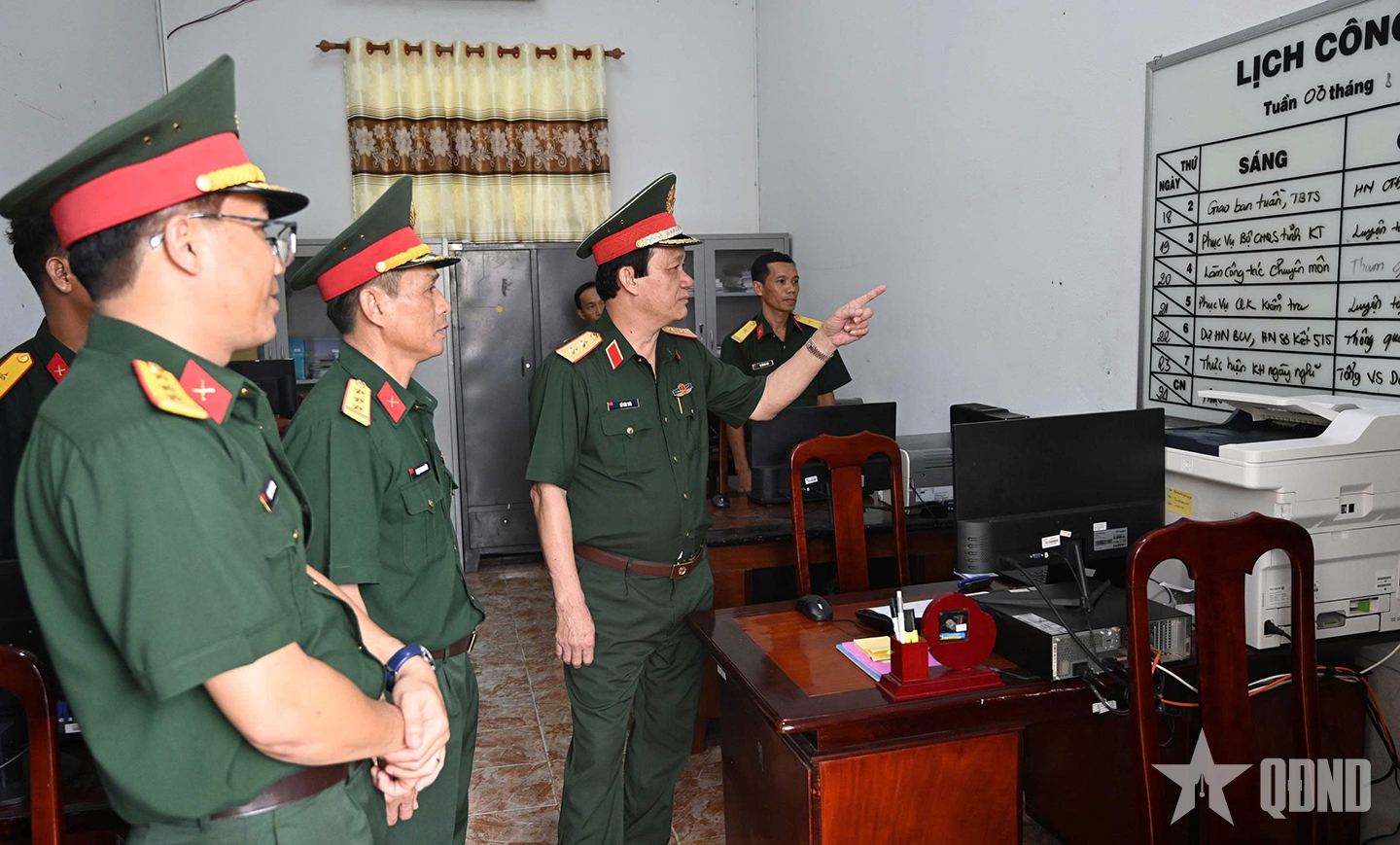

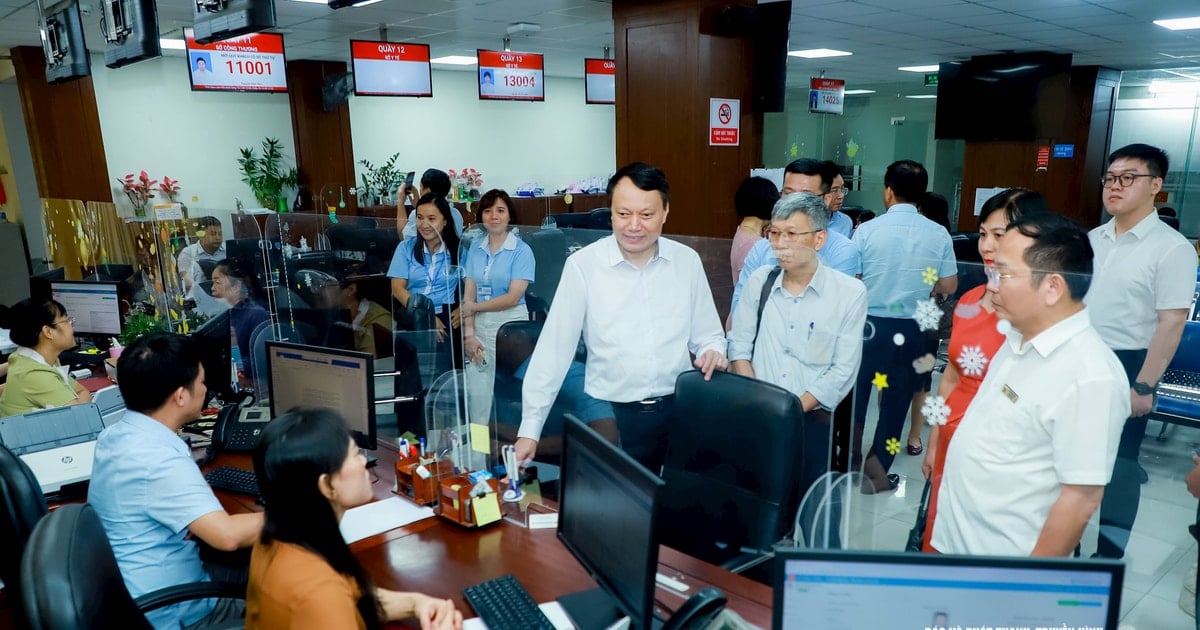














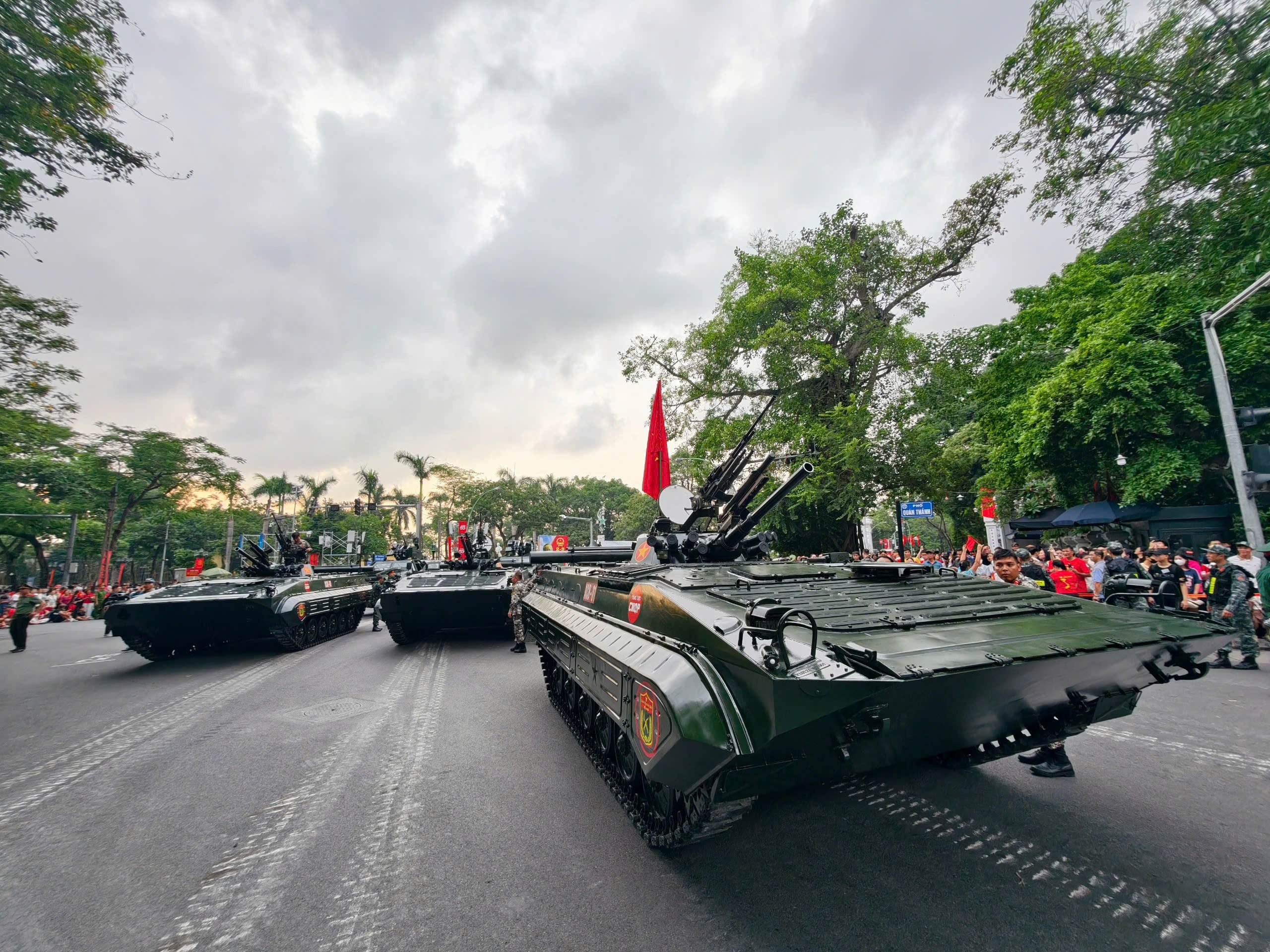
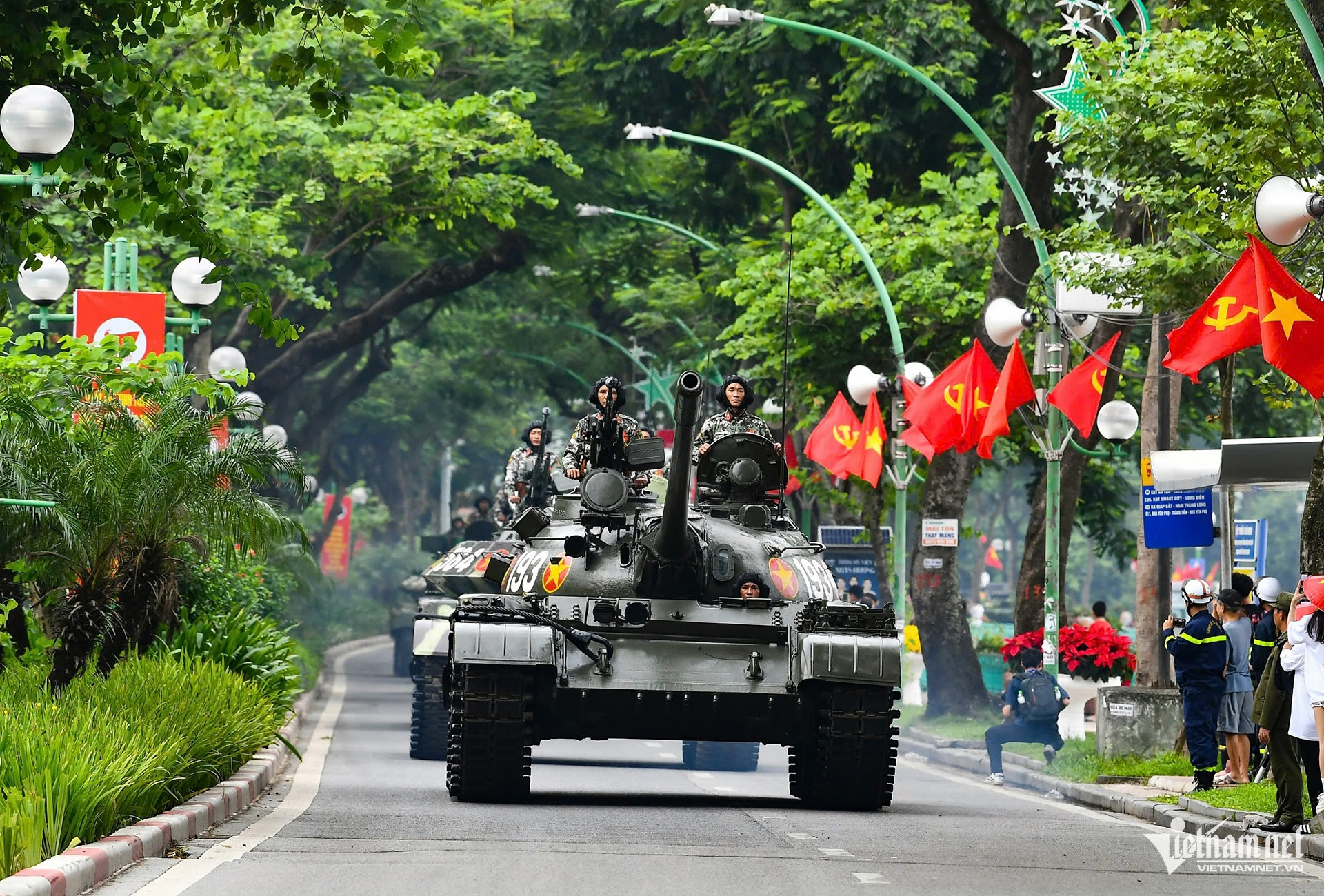
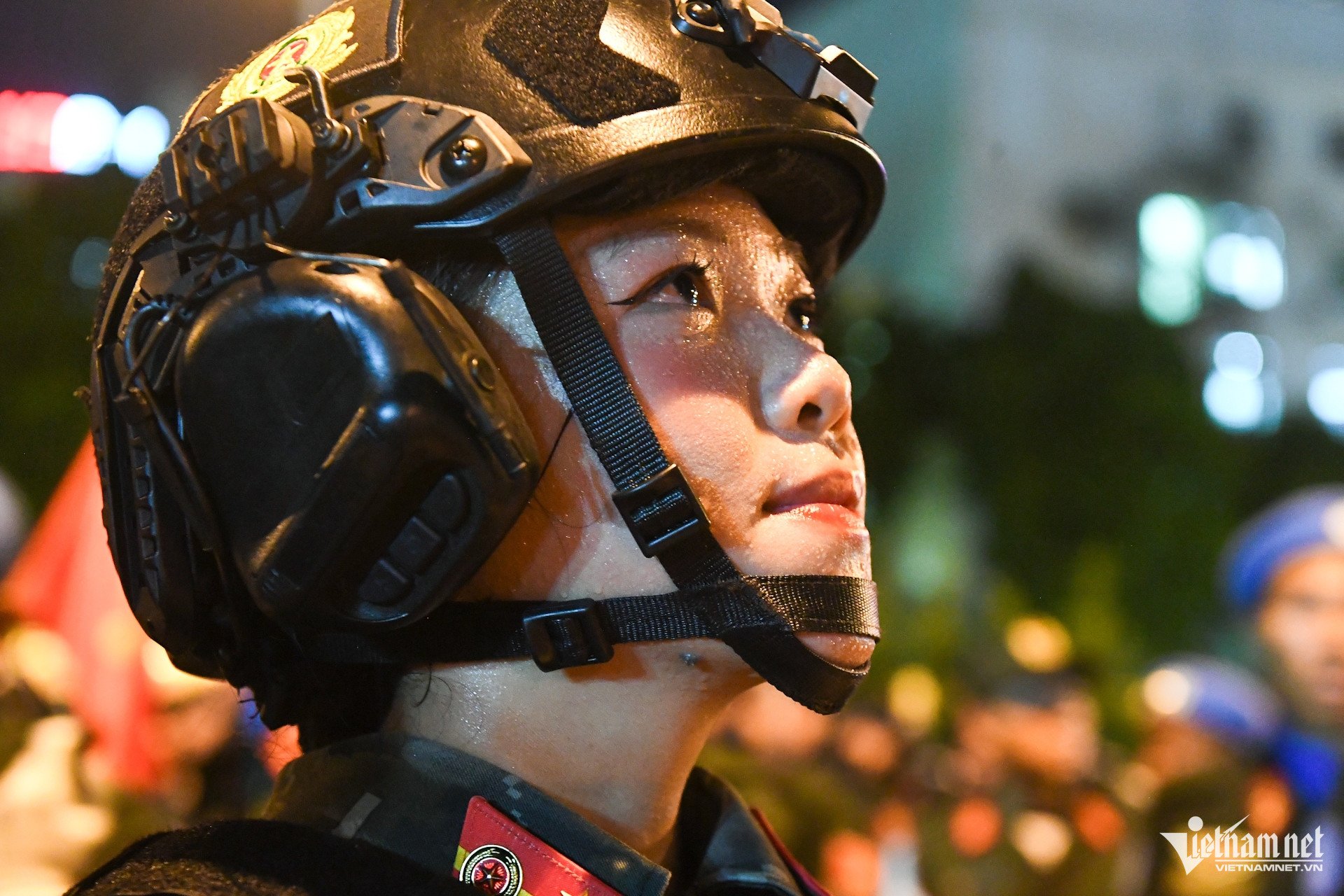
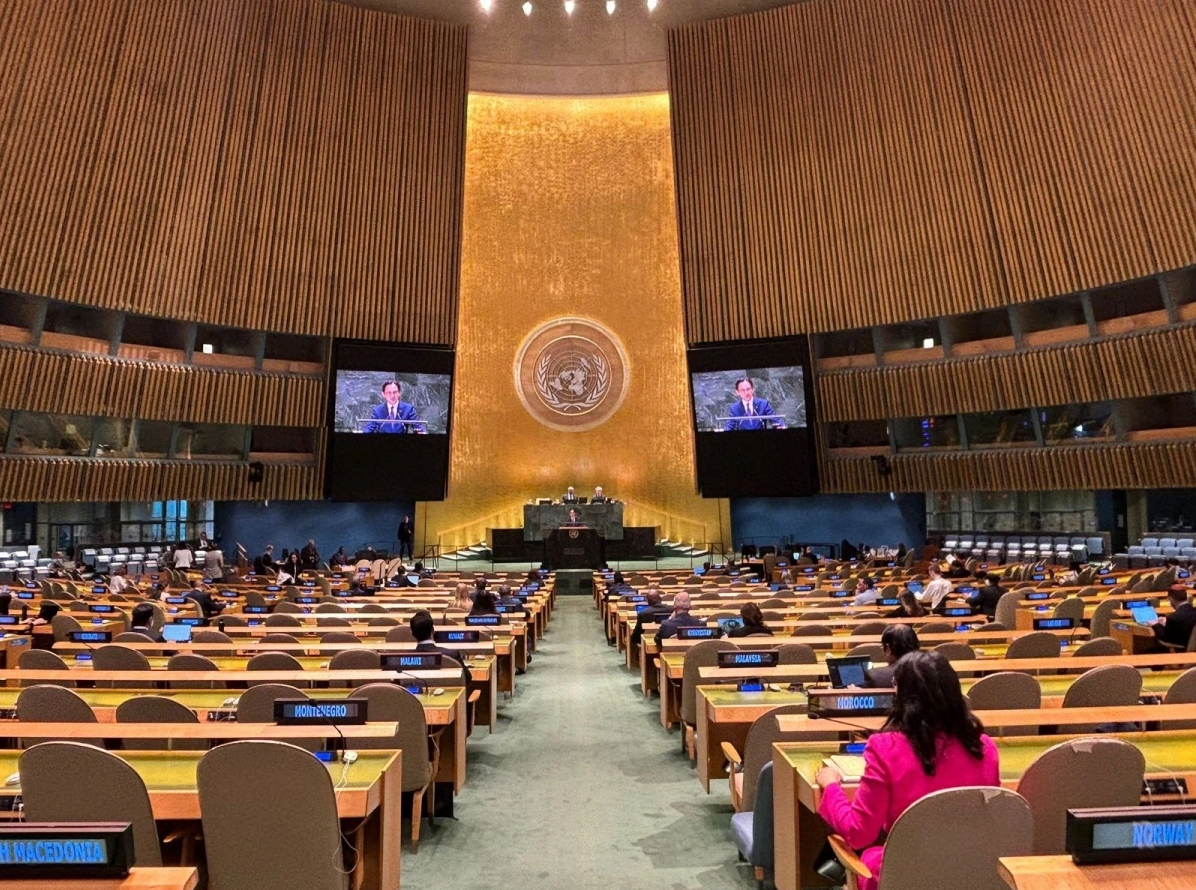

















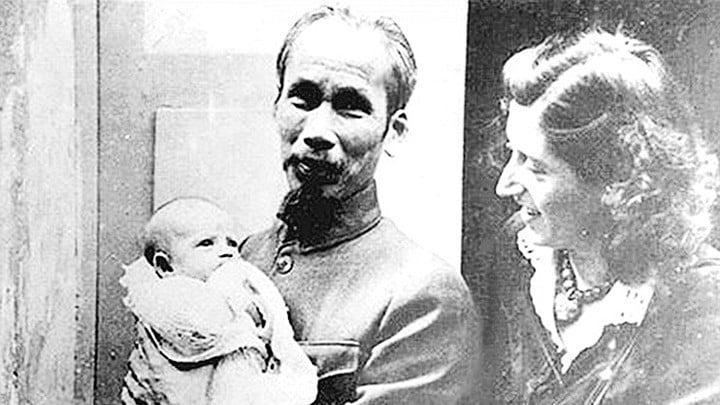












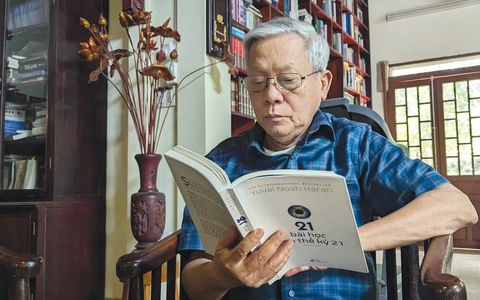
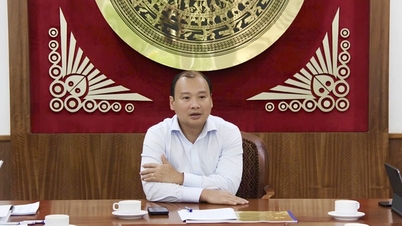



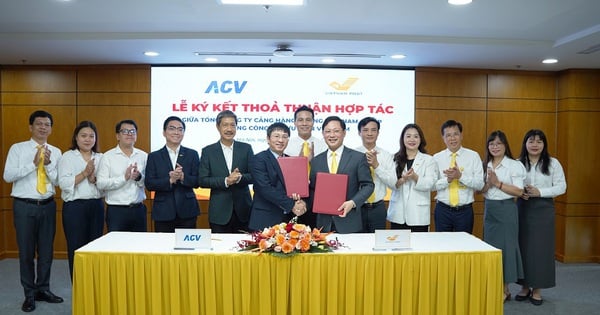




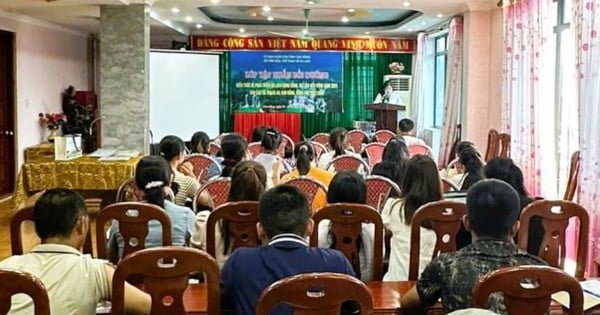
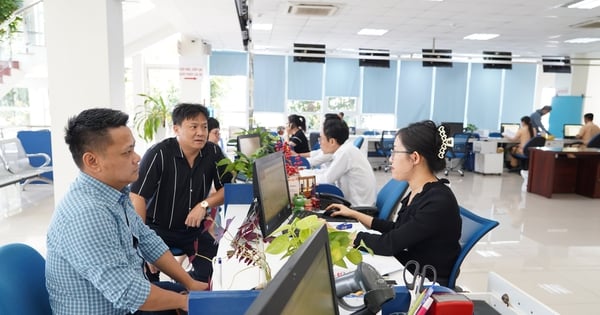














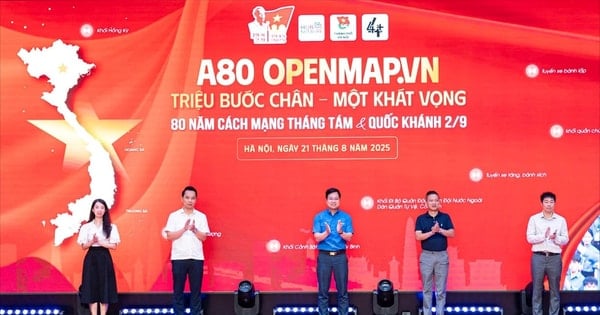

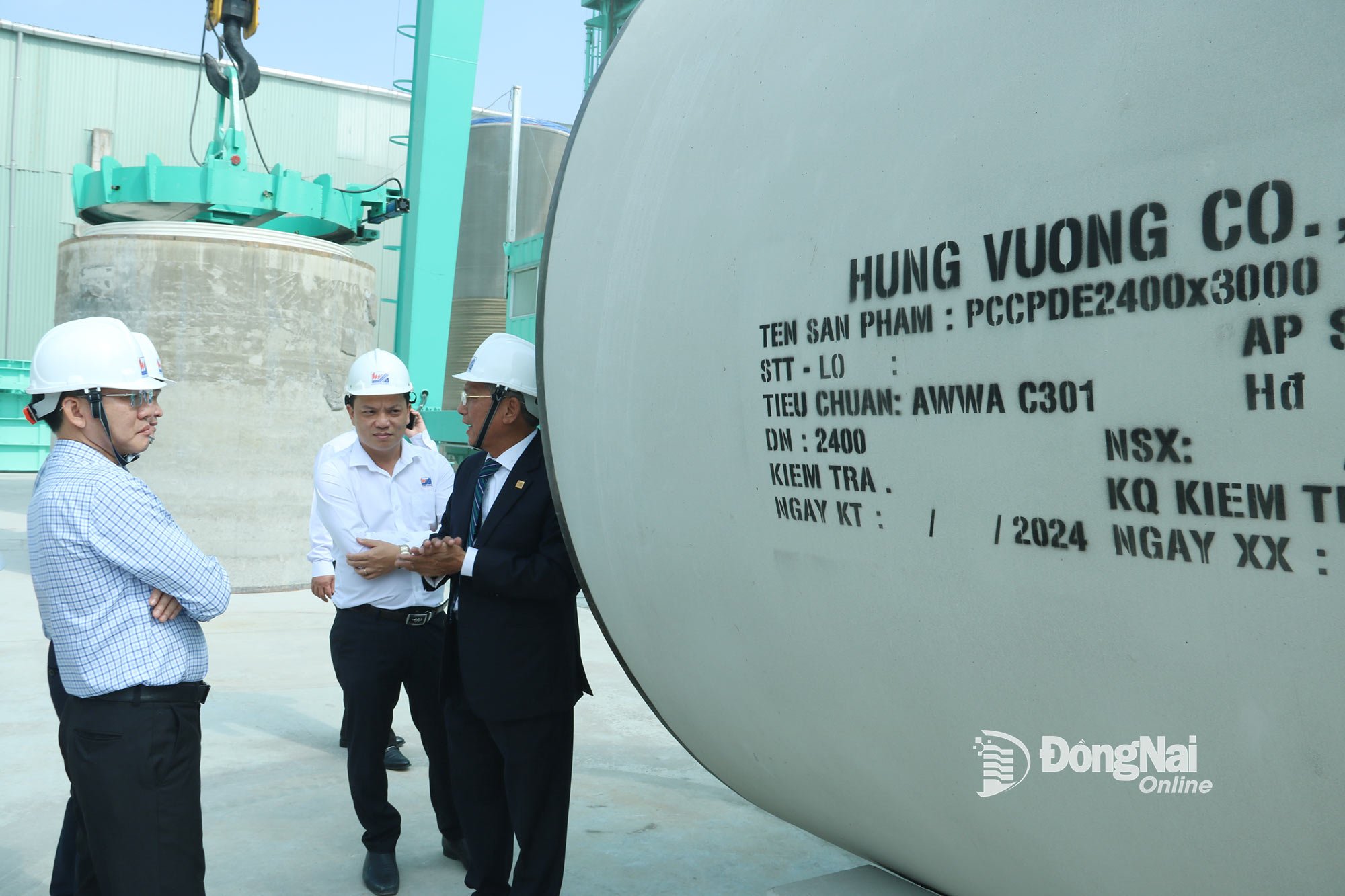






Comment (0)